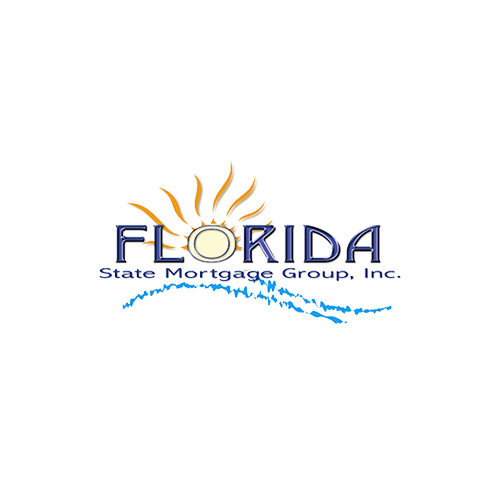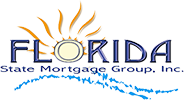A thorough understanding of the different loan options available is crucial when financing a home. In this regard, it’s essential to examine the distinctions between self-employed and traditional mortgages in greater detail. Both have their unique requirements and benefits; knowing these differences can help you decide the best path for your homeownership journey.
The Traditional Mortgage Landscape
Traditional mortgages are the most common type of home loan. They’re typically offered to individuals with a steady income from an employer, a good credit score, and a reasonable debt-to-income ratio. The requirements for these loans are relatively standard across the board. Lenders will examine your employment history, income stability, credit score, and financial health. They’ll want to see that you have a steady income, a low debt-to-income ratio, and a history of paying your bills on time.
Additionally, you’ll typically need to provide a down payment ranging from 3% to 20% of the home’s purchase price.
The Self-Employed Mortgage Journey
On the other hand, self-employed mortgages are designed for individuals who own their businesses or work as freelancers or contractors. These loans recognize the unique financial circumstances of self-employed individuals, such as fluctuating income and business-related tax write-offs. The requirements for a self-employed mortgage can be more stringent. Lenders may require two years’ worth of personal and business income tax returns to verify income stability. They may also look at the health and profitability of your business, requiring documents like a business license and profit and loss statements. A good credit score is still important, but lenders may also require a larger down payment to offset the perceived risk of fluctuating income. The type of business you own and your field can also impact the decision.
Navigating the Differences
The key difference between these two types of loans lies in the income verification process. Traditional mortgages typically require a W-2 form and recent pay stubs. Self-employed mortgages require a more thorough examination of your business and income. Despite the additional requirements, self-employed mortgages offer a valuable opportunity for entrepreneurs to achieve their homeownership dreams. They provide a pathway for those with non-traditional income sources to secure a home loan, albeit with more paperwork.
Making the Right Choice
Choosing between a self-employed mortgage and a traditional one ultimately depends on your circumstances. A self-employed mortgage could be a great fit if you’re self-employed and have a solid financial profile. However, a traditional mortgage might be the more straightforward choice if you’re a W-2 employee with a steady income. Remember, every lender is different, and requirements can vary. It’s important to shop around, ask questions, and find a lender who understands your unique needs. At Florida State Mortgage Group, we’re committed to helping you navigate the mortgage process, whether you’re a first-time homebuyer, a seasoned investor, or a self-employed entrepreneur. Ready to explore your mortgage options? Give us a call at (954) 359-3000. Our team of seasoned financial experts is here to help make your dream of homeownership a reality.
Do you know how much home you can afford?
Most people don’t... Find out in 10 minutes.
Today's Mortgage Rates


